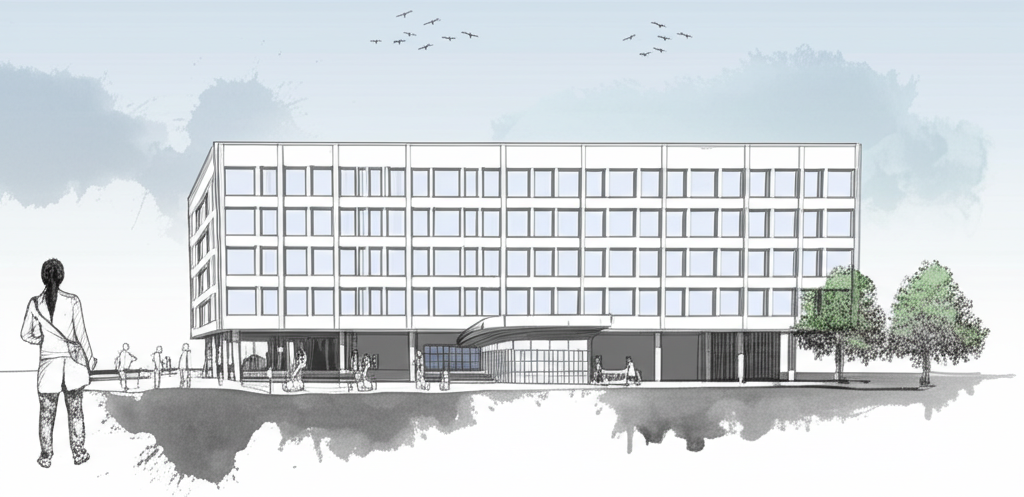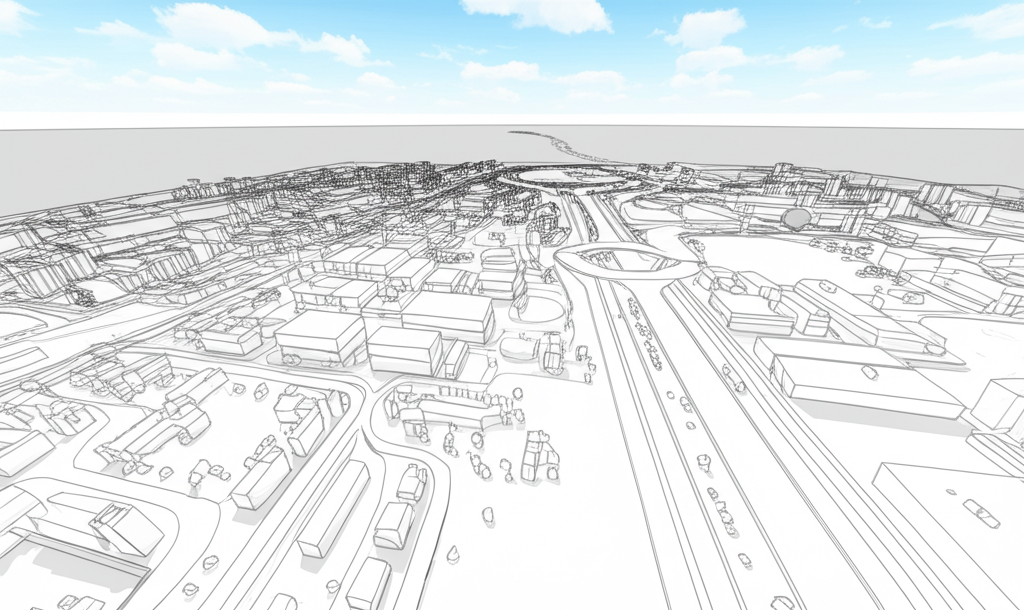Can Nigeria’s economy really jump to a ₦500 trillion budget by 2027? That’s the ambitious target Olisa Agbakoba, former President of the Nigerian Bar Association, is throwing down. But he says it’s not just about wishing; it’s about totally changing how Nigeria does business. Buckle up, because this could be a wild ride!
Here’s the lowdown:
- The Big Goal: A ₦500 trillion budget by 2027. Ambitious? Absolutely. Impossible? Agbakoba doesn’t think so.
- The Problem: Nigeria’s old ways aren’t working. National development plans have been flops for decades.
- The Solution: A ‘disruptive development plan’ – a complete overhaul of how Nigeria’s government and economy work.
Why Nigeria Needs a ‘Disruptive Development Plan’
Agbakoba isn’t just pulling numbers out of thin air. He’s looking at how other countries have shaken things up – like the US under Trump, or China’s move away from international trade. He believes Nigeria needs to rewrite its own rules to achieve real economic progress.
Political Shake-Up: Slim Down the Government
Agbakoba doesn’t hold back: Nigeria’s government is too big and bloated. He points to the Oronsaye report (a real report from 2012 recommending ways to cut government waste) and questions why Nigeria needs so many federal offices. His solution? Cut the fat! He suggests Nigeria doesn’t need more than 10 departments, mirroring the US system.
Economic Revolution: States and Local Governments Must Step Up
According to the resource Governance and Economic Analysis and Forecast 2025, a key part of Agbakoba’s plan is giving more power to states and local governments. Instead of just relying on the federal government, these regions need to become active players in the economy. This shift could unlock local resources and drive growth from the ground up.
Oil Sector Overhaul: Time to Own Our Resources
Agbakoba is calling for Nigeria to take control of its oil wealth. He wants Nigeria to follow Saudi Arabia’s lead by using service contracts to keep the majority of oil revenue within the country. Currently, he argues, Nigeria sees too little of the profits generated by its own resources.
Did you know? Saudi Arabia’s state-owned oil company, Saudi Aramco, is one of the most valuable companies in the world.
The FIRS Example: Proof That Reform Works
Agbakoba highlights the Federal Inland Revenue Service (FIRS) as a success story. He credits reforms for boosting Nigeria’s economy from ₦9 trillion to a potential ₦100 trillion. This, he says, proves that Nigeria has the potential to reach its economic goals with the right changes.
Is It Possible?
Agbakoba is convinced that Nigeria can achieve its economic potential, but only if it embraces bold, transformative change. It’s not about doing things the same old way; it’s about finding a new path to success. Nigeria’s current debt to GDP ratio is about 39.5%, which might be a problem.
Key Takeaways
- Nigeria needs a radical overhaul of its governance and economy.
- Downsizing the federal government is essential.
- Empowering states and local governments is crucial for economic growth.
- Nigeria must take control of its oil resources.
- With the right reforms, Nigeria can achieve its economic potential.





